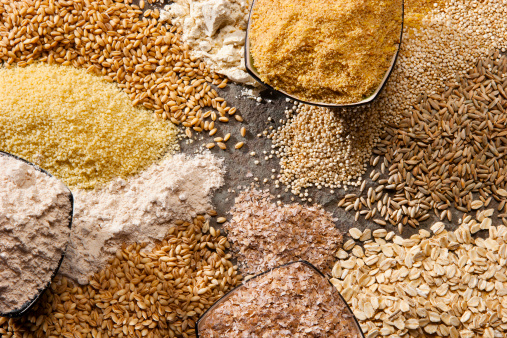



Article by: Hari Yellina (Orchard Tech)
Even though the focus is majorly on the damages caused by the rain, the overall grain production is commendable. Therefore, this is good news for the nation’s croppers. The Australian Bureau of Agricultural and Resource Economics and Sciences lifted its forecast winter crop production in its December crop report to a record 58.4 million tonnes, beating the previous record of 56.7 million tonnes, set in 2016-17. The forecaster lifted its crop estimates 5 per cent in its latest release on the back of a favourable spring which has led to what is expected to be all-time record production WA and the second-highest on record in NSW.
Of the separate commodities, it is said that there would be records set in wheat, 34.4 million tonnes, and canola 5.7m tonnes, while barley, 13.3m tonnes, is set for its second-biggest year. According to Hari Yellina, of Orchard Tech, the number of crops is only going to advance from this stage. Nevertheless, he also opined that there would be a combination of quality yield and losses because of the devastating rain. However, on a macro-scale, the yield losses are not so significant.
Additionally, there is good news when it comes to mice. Due to increased baiting in farms during the winter season, the population of mice is decreasing rapidly. Hence, there were no reports of heavy damage in the affected areas. Moreover, in regard to summer cropping, there are going to be big jumps in terms of plantings. The area planted to summer crops in 2021-22 is forecast to increase by 36 per cent to reach 1.4 million hectares, due to favourable soil moisture levels in late spring and high water storage levels. While spring was not especially wet in SA and WA, Hari Yellina said that yield potential was boosted in those two states by timely rainfall and a cool finish, which helped offset a dry September and spring frosts.